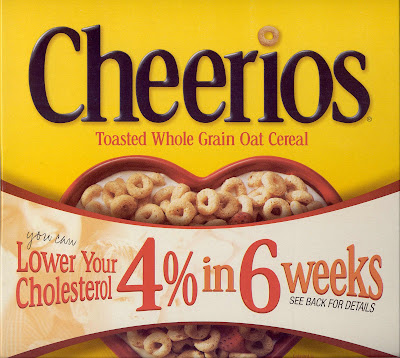Nestle's Marketing Mishap
It’s no mystery – children are probably the pickiest eaters on the face of the earth. If the food is not dripping with chocolate or sugar, chances are that they wouldn’t event look at it. I speak from experience, as my childhood was filled with chocolate chip cookies and Reese’s Butter Cups to my mother’s dismay, and I ran away whenever I saw anything that was or resembled a vegetable. I think its safe to say that children can be the toughest audience to please when it comes to food. In recent times, many food companies have developed product marketing strategies where for food products targeting children and their taste buds, yet still offer a good amount of nutrients and vitamins that would be sufficient to a growing child.
Take food company giant, Nestle, who decided to revamp some of its promotion for one of its products, Juicy Juice. Nestle marketed the juice to have brain development benefits, low-sugar content, and finally, is 100% pure juice. Nestle also marketed their orange tangerine and grape juices as 100% juice. No problem here, right? False. The Food and Drug Administration (FDA) was not happy with this marketing ploy, as apparently the claims that Nestle made on its products was “misleading” and “misbranded” after conducting their own research. With that, thew FDA posted a warning letter to Nestle. In addition, the FDA called out Nestle on another one of their products, Nestle’s Boost Kid Essentials Nutritionally Complete Drink, which they believe is falsely promoted as “medical food,” which can only be certified by the FDA themselves.
While I commend Nestle on trying to devise a product to satisfy not only children but parents who are concerned about their child's nutrition, it is important to remember that while you are reaching out to your target audience, that you are not over-exaggerating to the point that you could be making false claims. The consumer may buy your words, but you can’t fool professionals – especially when it is regulators from a government agency. So do your research, make sure any way that you market your product can be proven valid, and make sure whatever you say, you can ensure that your customer can trust you.


Comments
Post a Comment